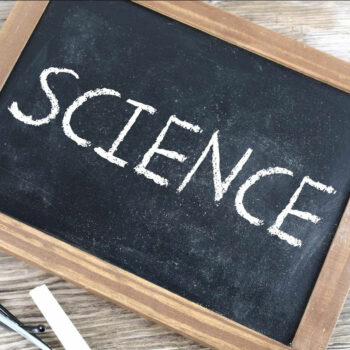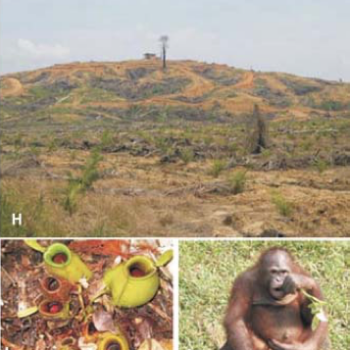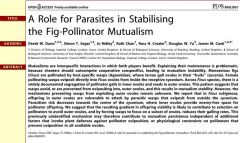Found 4 resources for the concept:
Science focuses on natural phenomena and processes.
A Survey About Science
Grade Level(s):
- 9-12
- 13-16
Source:
- WGBH
Resource type:
- Classroom activity
Time: 2-3 class periods
Overview
Students conduct a survey about the nature of science, laws, theories, hypotheses, scientists, and evolution.
Biodiversity loss threatens human well-being
Grade Level(s):
- 13-16
- Advanced
Source:
- Rebecca Tarvin
Resource type:
- Annotated journal article
Time: 1 hour
Overview
This research article examines connections between biodiversity loss and ecosystem functions that matter to humans, such as providing access to food, fuel, shelter, and water. This open-access article has been translated into Spanish and Chinese by students in the UC Berkeley Integrative Biology program.
Journal Club Toolkit
Grade Level(s):
- 13-16
Source:
- UC Museum of Paleontology
Resource type:
- Annotated journal article
Time: Several class periods
Overview
This set of teaching materials aims to help instructors engage their students with the primary literature in evolutionary biology through a "journal club" that can be implemented in a discussion section or smaller class. It includes several helpful tools: annotated articles, a reading guide, additional suggested reading, and tips for students leading a discussion of a journal article.
What does it mean to be human?
Grade Level(s):
- 9-12
- 13-16
Source:
- Smithsonian National Museum of Natural History
Resource type:
- Classroom activity
Time: 8 x 50-minute class periods
Overview
In this set of advanced lessons, students use different types of data to infer/interpret phylogenies among domains, within the vertebrates, and within primates while reflecting on how they answer the question "What do you think it means to be human?" and choose a characteristic that changed substantially in the human family tree to develop a scientific argument based on evidence for when the character evolved.




